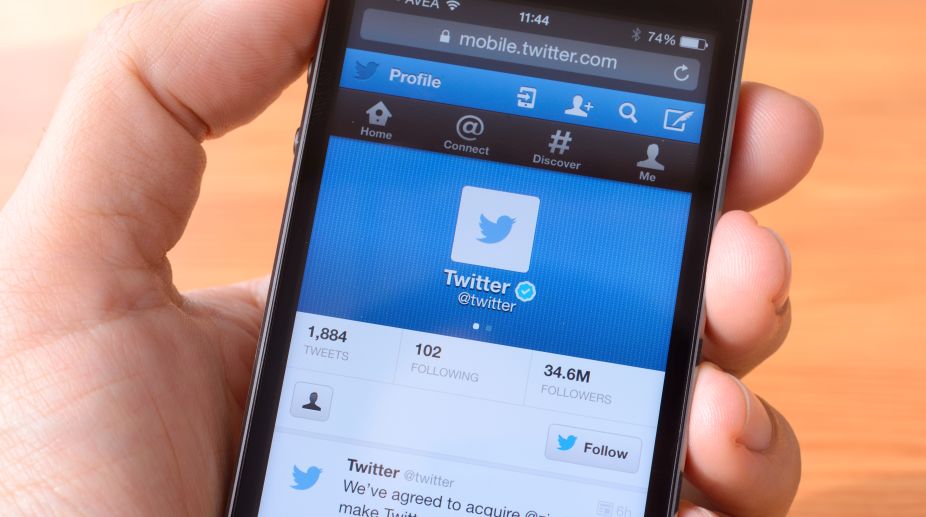Elon Musk marks TikTok as “Extremely destructive” after finding ill effects via research
Earlier on Friday billionaire announced Linda Yaccarino as the new Twitter CEO after thinking about stepping down as a CEO of Twitter within six weeks.

Representational Image (Photo: Getty Images)
Engineers say data from Twitter and other social media platforms can help improve event planning, route scheduling, crowd regulations and subway operations.
"Social media offers a cost-effective way to obtain real-time data on monitoring subway passenger flow," said the study's corresponding author Qing He from the University of Buffalo.
Advertisement
"Our results show that data from apps like Twitter can help public transportation officials prepare for and react to passenger surges during concerts, baseball games and other big events," he said.
Advertisement
In addition to Qing, who has appointments in the university's Department of Civil, Structural and Environmental Engineering and the Department of Industrial and Systems Engineering, the study was co-authored by Ph.D. student Jing Gao, an assistant professor in the UB's Department Computer Science and Engineering, and Ming Ni, a Ph.D. fellow from the UB's Department of Industrial and Systems Engineering.
For their study, published in the journal IEEE Transactions on Intelligent Transportation Systems, the team gathered subway ridership information of Mets-Willets Point station in Queens, New York, near a baseball stadium and the USTA Billie Jean King National Tennis Centre, where the US Open tennis championships are held.
The researchers also collected nearly 30 million tweets geotagged to the New York City area during the time of the events.
Using six different computer models, the researchers then analysed the data and found a positive correlation between passenger flow and the rates of tweets during big events.
"The results are encouraging for two reasons. First, they indicate that increases in social media posts and subway ridership can be linked. Secondly, we have developed a method to track this correlation," co-author Jing Gao said.
Advertisement